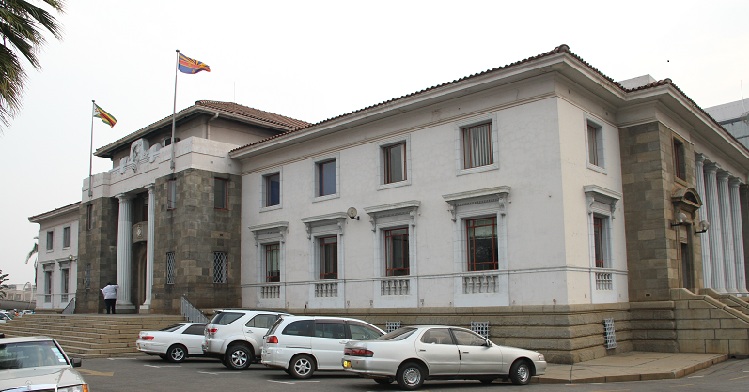A newly gazetted Statutory Instrument — SI 76 of 2025 — has sparked legal and constitutional concerns across Zimbabwe, particularly among property owners and legal professionals. Issued under the Deeds Registries Act \[Chapter 20:05], this regulation mandates that all holders of “old title deeds” submit *original copies* of their deeds to the Deeds Registry for “validation” and subsequent replacement with what the law terms “securitised deeds.”
On the surface, this may appear to be a logical modernization initiative — a push toward digitisation and record integrity. But a deeper inspection raises serious constitutional, practical, and even philosophical questions about property rights, data management, and the burden of compliance being imposed on citizens.
The Heart of the Controversy
According to Part VI, Section 40 of SI 76, deed holders must *submit their original title deeds* for verification within 24 months of the instrument’s publication. Following this, securitised deeds will be issued, and only those will be considered valid after the transition period ends.
But critics argue: Why should citizens return what is essentially their *certified copy* of an already registered property deed — especially when the master copy already exists in the Deeds Registry’s archives?
“It’s akin to asking people to return their birth certificates to Makombe for ‘digitization’,” one concerned legal practitioner commented. “Or imagine being asked to bring your driver’s licence to CVR so that it can be reprinted — despite the government already having your licence details.”
The implication is unsettling. If the Registry genuinely possesses secure and accurate master copies, then digitization should be an internal exercise. Citizens should only be involved when discrepancies arise or if a copy is needed. This new regulation appears to invert that logic — placing the burden of updating state records onto the individual, without cause or compensation.
Is Something Being Hidden?
Some fear that this measure might be a smokescreen to mask something more serious — such as loss, damage, or corruption of original records. “Panezhet ririkuda kuitika apa,” said another property owner, echoing growing suspicions that this regulation may not simply be about modernizing deed management, but damage control.
“If the Deeds Office lost all the master copies, they should just say so,” said a Harare-based conveyancer. “This sudden request to bring back title deeds en masse raises more red flags than it settles.”
Constitutional and Legal Ramifications
SI 76 may very well be ripe for constitutional challenge. The Zimbabwean Constitution enshrines the right to property and protection from arbitrary deprivation thereof. If the state now refuses to recognize a legitimately issued deed simply because the owner did not bring it back within an arbitrary timeframe, this could arguably be a form of administrative expropriation without due process.
Moreover, there is the troubling notion of penalizing citizens after 24 months if they fail to comply. According to Section 44(2), after the transition period ends, only securitised deeds will be considered valid for legal and administrative purposes. That potentially invalidates thousands of legal deeds, throwing property rights into disarray.
Calls for Transparency and Legal Review
The public deserves answers. What safeguards exist to ensure original documents are not lost or mishandled? Why is the responsibility being forced on citizens rather than undertaken by the state itself using existing master records?
Legal experts and civic groups are calling for urgent engagement with the Ministry of Justice and the Deeds Registry to clarify the policy’s rationale. Already, plans are underway to interview officials from both institutions for further transparency.
But many agree on one thing: SI 76 of 2025 may need to be tested before the Constitutional Court.
Until then, this regulation remains a lightning rod for debate over state authority, citizen responsibility, and the ever-delicate balance of power between government administration and the rights of property owners.

